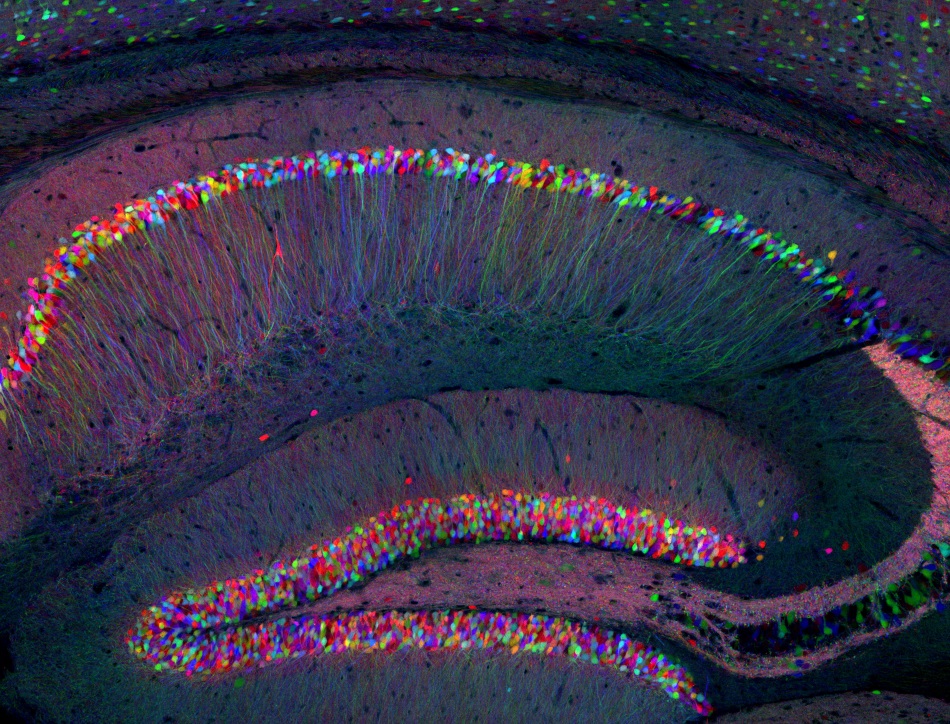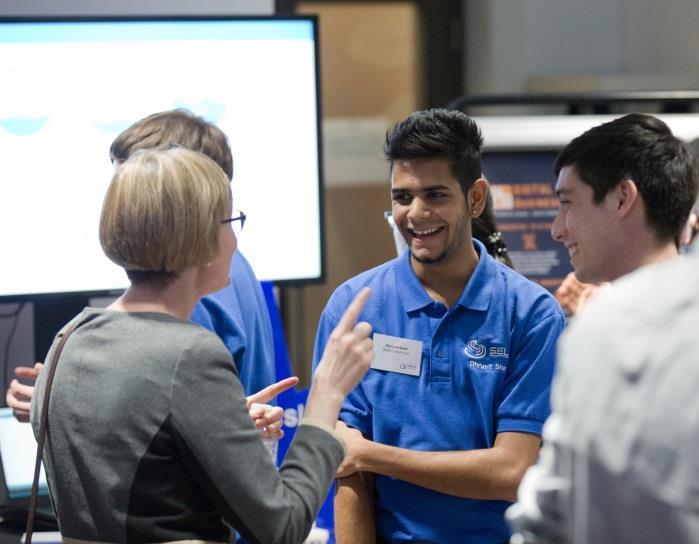Industry and innovation case studies
Labs2Riches is the Society’s flagship industry event that celebrates the Royal Society’s commitment to innovation in science and technology. This event brings together senior leaders from industry, academia, finance and government. Each year has a different theme and includes a keynote talk and a selection of case studies about the chosen theme.
Case studies
The translation of scientific breakthroughs into commercial success can lead to economic and societal benefits. This process can take a number of routes, sometimes involving the formation of spin-outs and long-term collaborations between universities, and the flow of ideas from industry back into academia can inspire new directions in research.
As part of the Society’s Science and Industry programme, we are collating case studies demonstrating successful translation and innovation in the UK.





